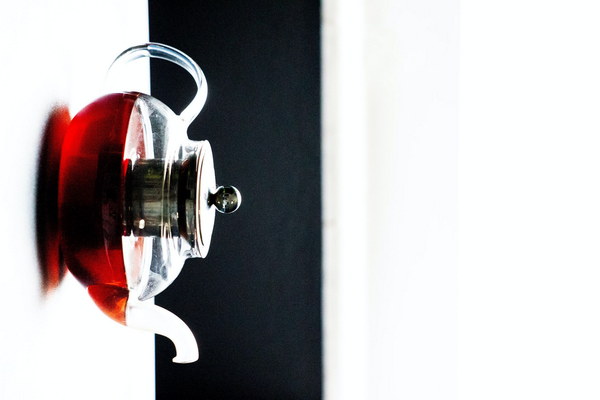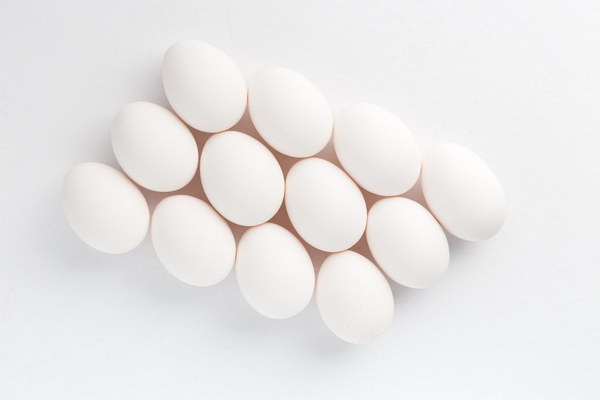Does Pork Ribs Help in Liver Care and Protection
Introduction:
Liver health is a crucial aspect of overall well-being, and maintaining its optimal function is essential for a healthy life. In recent years, there has been growing interest in the benefits of certain foods for liver care. One such food that has sparked debate is pork ribs. This article aims to explore whether pork ribs can actually contribute to liver health and whether they can be considered a part of a liver-protective diet.
Body:
1. The liver's role in the body:
The liver is an essential organ that performs numerous vital functions, including detoxifying the blood, producing bile, storing glycogen, and synthesizing proteins. It is also responsible for metabolizing fats, carbohydrates, and proteins, and for producing cholesterol and certain hormones. Given its critical role, maintaining liver health is of utmost importance.
2. The role of diet in liver health:
A well-balanced diet is essential for liver health. Certain foods can help support the liver's functions and aid in the prevention and treatment of liver diseases. Foods rich in antioxidants, vitamins, and minerals are particularly beneficial for liver health.
3. Pork ribs and their nutritional content:
Pork ribs are a popular food choice due to their succulent and flavorful taste. They are rich in protein, which is essential for the growth and repair of body tissues. Pork ribs also contain various nutrients, including niacin, B vitamins, phosphorus, and selenium. However, they are high in calories, saturated fats, and cholesterol, which can be detrimental to liver health if consumed in excess.
4. The potential benefits of pork ribs for liver health:
Despite their high-calorie content, pork ribs may offer some benefits for liver health due to their nutritional content. Here are a few potential advantages:
a. Niacin: Pork ribs are a good source of niacin, which plays a vital role in converting food into energy and aiding in the production of bile. Bile is crucial for the digestion and absorption of fats and fat-soluble vitamins, which are essential for liver function.
b. B vitamins: Pork ribs contain several B vitamins, including B6, which help in the metabolism of amino acids, and B12, which plays a key role in the synthesis of DNA and red blood cells. These vitamins are essential for maintaining liver health.

c. Selenium: Pork ribs contain selenium, a mineral that acts as an antioxidant, protecting the liver from oxidative stress caused by free radicals. Selenium also helps in the detoxification of harmful substances and supports the immune system.
5. The risks of consuming pork ribs for liver health:
While pork ribs offer some potential benefits for liver health, their high-calorie, saturated fat, and cholesterol content can pose risks. Here are a few concerns:
a. Excess weight gain: Overconsumption of pork ribs can lead to weight gain, which is a risk factor for non-alcoholic fatty liver disease (NAFLD), a common liver condition.
b. Cholesterol: High cholesterol levels can contribute to the development of atherosclerosis, a condition that can lead to liver damage.
c. Liver inflammation: The high saturated fat content in pork ribs can promote inflammation in the liver, potentially leading to liver diseases such as non-alcoholic steatohepatitis (NASH).
Conclusion:
In conclusion, while pork ribs offer some potential benefits for liver health due to their nutritional content, their high-calorie, saturated fat, and cholesterol content can pose risks. Incorporating pork ribs into a liver-protective diet should be done in moderation. A balanced diet that includes a variety of nutrient-rich foods, such as fruits, vegetables, lean proteins, and whole grains, is essential for maintaining optimal liver health. It is always advisable to consult with a healthcare professional or a registered dietitian before making significant changes to your diet.









